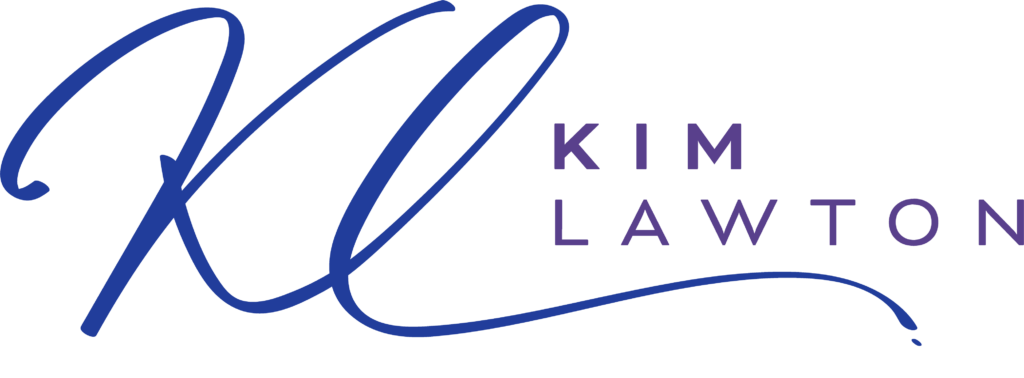Hospitality marketing strategies are your tools and tactics to attract and retain customers. Investing in robust marketing practices is critical to driving customer engagement and ensuring your brand is top-of-mind.
Whether you’re a hotel, resort, restaurant, or other service-focused business, your business succeeds by getting people through your doors. This means you need to showcase the unique experiences and amenities you offer.
Current digital and data-driven marketing trends allow guests to personalize their experience with your content and brand. You should tap into these current trends and explore other hospitality marketing strategies that can help you build a stronger brand presence and drive growth.
This blog will cover all the hospitality marketing trends you should watch to ensure your strategies are relevant and effective.
Personalization and Customization
- Mobile Marketing
- Social Media Engagement
- Online Booking Platforms and Direct Booking Strategies
- Virtual Reality and Augmented Reality
- Storytelling and Brand Narratives
- User-Generated Content
- Influencer Collaborations and Partnerships
- Video Marketing
Sustainable and Ethical Marketing
Personalization and Customization
Many of the biggest hospitality marketing trends revolve around personalization. When guests interact with your brand, they want the experience to be unique and personal to them. Offering all of your guests the same services and amenities no longer works. Instead, you need to provide opportunities for customization, but how?
- Data-Driven Personalization
- Customized Guest Experiences
- Loyalty Programs and Personalized Offers
1. Data-Driven Personalization
Data-driven personalization leverages customer data to create tailored marketing efforts and experiences informed by guest preferences and behaviors. You can pull data from booking patterns, social media interactions, guest feedback, and other purchase histories.
Evaluating this data helps paint a clearer picture of who your guests are and what they want, need, and generally like. With that clearer picture, you can create highly personalized marketing campaigns, including targeted emails and automated recommendations based on past purchases.
2. Customized Guest Experiences
Offering customized guest experiences goes a step beyond using tailored marketing content. Customizing the guest experience includes personalized room settings, tailored amenities, and curated itineraries.
For example, based on customer data, you may know a guest always requests extra pillows and a 6 a.m. wake-up call. You can ensure their room is adequately stocked and their wake-up call is scheduled for their convenience before they even enter the lobby. Customizing the guest experience requires you to anticipate your guests’ needs, but it can significantly increase satisfaction and loyalty when you do it effectively.
3. Loyalty Programs and Personalized Offers
When exploring hospitality marketing strategies, loyalty programs have long been a staple in hospitality marketing operations. You can get creative with loyalty programs and leverage guest data to make these programs even more effective.
For example, you can offer frequent travelers perks like room upgrades or a complimentary one-night stay. However, personalization is essential for a loyalty program to work. You could offer your corporate guests complimentary shuttle service to and from the airport or free high-speed internet in your business center.
It also helps to mix up your loyalty program’s rewards. There should be a blend of benefits like discounted rates, expedited check-ins, and experiences like free happy hour or discounted spa services. This ensures you’re offering something for everybody.
Digital Transformation
Like every industry, hospitality marketing strategies are also seeing a significant digital transformation. Today, nearly all of your guests are online, and odds are that’s where they’re interacting with your brand anyway, so you should meet them there.
These digital hospitality marketing strategies have been on the rise for quite some time now and should undoubtedly be a part of your marketing efforts — if they’re not already:
- Mobile Marketing
- Social Media Engagement
- Online Booking Platforms and Direct Booking Strategies
- Virtual Reality and Augmented Reality
1. Mobile Marketing
Today, mobile marketing is essential. Not only are the majority of your guests on social media, which they’re accessing via apps on their smartphones, but a significant portion of travel bookings happen on mobile. According to 2023 data from TravelPerk, 32% of travelers used a mobile website to book travel, while 23% booked directly in-app.
Knowing this, you should optimize your website and booking platforms for mobile users. You want the mobile experience to be seamless and user-friendly. Now may also be an excellent time to consider developing an app if you don’t already have one. With apps, you can send guests offers directly in real-time, such as mobile check-in, the ability to make room service requests, and even personalized recommendations based on their location if they opt to share their location with you.
2. Social Media Engagement
In today’s digital marketing landscape, most guest interactions happen on social media. This is where you can showcase your properties, highlight past guest testimonials, and interact with your audience in real-time. A strong social media presence is a powerful tool for customer engagement and maintaining your brand’s identity online.
However, for your social media platforms to work, you need to ensure you’re posting original, visually appealing content, responding to comments and messages in a timely fashion, and keeping an eye on any tags or mentions of your brand. This is how you can find user-generated content, such as photos and videos from previous guests, that you can share on your main channels to build authenticity and trust with your audience while promoting all you have to offer.
3. Online Booking Platforms and Direct Booking Strategies
You need your guests to book directly with you. You may be thinking, “Why does it matter how they book so long as they’re here?” Direct bookings increase hotel revenue by saving you money in online travel agencies and third-party intermediary commissions when guests book on other online platforms rather than with you directly.
To incentivize guests to book with you directly, you can offer exclusive perks, lower rates, or other bonuses that steer them away from third-party platforms. It’s also essential to ensure your website is user-friendly and eye-catching so the booking process is easy for guests. Otherwise, they’ll likely book somewhere else where the process is smoother.
4. Virtual Reality and Augmented Reality
VR and AR have been emerging as ways to innovate marketing and customer experiences for a while now, and you can incorporate this tech into your hospitality marketing strategies, too.
VR allows you to offer high-tech experiences like virtual property tours, enabling guests to explore your property and the available rooms before booking their stay. AR, on the other hand, is great for enhancing on-site experiences, such as offering interactive maps of the surrounding area to help guests navigate to all the must-see attractions while staying with you.
Content Marketing
Content marketing is a big part of any successful hospitality marketing strategy. Content gives your audience something to look at, share, and connect to. You can catch their attention with creative visuals, tell captivating stories, and even form partnerships to create exciting content.
Content marketing will always make the list when discussing hospitality marketing strategies and trends to look out for. You can leverage content in a variety of ways, such as:
- Storytelling and Brand Narratives
- User-Generated Content
- Influencer Collaborations and Partnerships
- Video Marketing
1. Storytelling and Brand Narratives
Storytelling is a powerful tool for fostering emotional connections with your audience. You can share stories about your brand’s history and values, as well as insights from guests sharing what your brand means to them.
Your brand narrative is unique, so crafting a compelling story can help you differentiate yourself and build brand loyalty. You can tell stories and promote your brand narrative through various mediums, but one of the most valuable — especially when it comes to SEO — is blog posts.
2. User-Generated Content
UGC may be your answer if you’re looking for an authentic, cost-effective way to include content marketing in your hospitality marketing strategies. By encouraging guests to share their experiences on social media and leave reviews, they generate content you can use in your marketing efforts.
UGC can include customer testimonials, photos, and videos that showcase guest experiences. You can leverage UGC as a marketing tool by sharing it on your social channels, and potential guests may also rely on this content to help them decide whether they choose your brand or a competitor.
3. Influencer Collaborations and Partnerships
Partnership marketing and influencer collaborations are two current trends you should implement in your hospitality marketing strategies. Collaborating with influencers is a great way to reach new audiences and build credibility as they share content about your brand with their loyal followers. Just make sure the collaboration makes sense for your brand and that you’re working with someone who aligns with your values.
You can also form strategic partnerships with local businesses. For example, you could collaborate with a local restaurant to offer guests at your hotel a discount on their next meal. This enriches the guest experience and connects them and your brand to the local community, which is a great way to enhance your reputation and brand presence.
4. Video Marketing
When deciding what kind of content to include in your hospitality marketing strategies, don’t forget about videos, as they’re often more dynamic and engaging than photos or copy.
Video content gets a lot of engagement in today’s age, and it’s highly shareable — think about platforms like TikTok and Instagram Reels. If your content is high-quality and visually appealing, you can capture potential guests’ attention and motivate them to engage with your brand.
Sustainable and Ethical Marketing
Sustainability is a big marketing buzzword as consumers become more environmentally conscious. In fact, according to 2024 data from The Roundup, 55% of consumers are willing to pay a premium for eco-friendly brands.
With this in mind, hospitality businesses can start differentiating by adopting eco-friendly practices and promoting them to their audience. You could commit to reducing energy consumption, starting a recycling program, or minimizing waste by switching to plastic-free products, like paper straws. Making changes like this is very attractive to eco-friendly travelers, plus they help improve your brand image.
Similarly, ethical business practices are also important to today’s consumers. Transparency and ethical practices are crucial to building trust with your audience. This means being open about elements of your business, like labor conditions and your environmental impact. Communicating your values and ethical commitments in this way helps you attract like-minded guests and cultivate brand loyalty.
Experience-Based Marketing
If you want to innovate your hospitality marketing strategies and offer guests something unique and exciting, you need to start creating experiences for them. Experiential marketing is a big trend in the hospitality industry and involves focusing on creating memorable experiences that engage guests and leave a lasting impression.
These can include themed events, pop-ups, and hands-on activities that immerse guests in your brand and stimulate the five senses. Guests have thousands of options when exploring different brands in the hospitality industry, so you need to offer them something unique and out of the ordinary. Crafting a stand-out experience for guests generates buzz and attracts others who are looking to experience something exclusive.
Data Analytics and Insights
Data analytics and extracting insights are critical to any successful marketing approach, so you should also incorporate these practices in your hospitality marketing strategies.
- Predictive Analytics
- Customer Segmentation
- Measuring Campaign Effectiveness
1. Predictive Analytics
Predictive analytics uses machine learning algorithms to analyze historical data and predict or forecast future trends. It’s often used by businesses to manage their inventory by predicting demand.
But hospitality businesses can use predictive analytics, too. By evaluating historical guest data, you can make predictions to anticipate booking patterns and tailor your marketing offers and pricing strategies effectively. For example, you may have a guest who always books a week-long stay in July for summer vacation. A few weeks before the time they usually book, you could send them a personalized email encouraging them to reserve a room and even offer a discounted rate for their loyalty.
2. Customer Segmentation
Another way to offer personalization to your guests is to segment your audience. This is the process of dividing your audience into distinct groups based on shared characteristics, like their behaviors, preferences, location, and other demographics. Once your audience is segmented, you’ll be able to better understand who they are and how best to reach them. From there, you can tailor your marketing efforts to each group, making them more effective and yielding higher conversion rates.
3. Measuring Campaign Effectiveness
No matter how you innovate your hospitality marketing strategies, you’ll need practices to measure their effectiveness. Hospitality businesses can track metrics like social media engagement, conversion rates, customer satisfaction, and revenue per available room (RevPAR).
Tools like Google Analytics and customer feedback surveys can help you gather insights into campaign performance. Continuous monitoring allows you to identify what is and isn’t working and make necessary improvements.
Conclusion
As the hospitality industry evolves, you need to stay on top of the trending hospitality marketing strategies to ensure you use the most relevant practices. Digitally focused, data-driven marketing efforts that allow for personalization and promote unique experiences resonate most with guests.
Keeping a finger on the pulse of what’s trending in hospitality marketing helps you maintain a competitive edge. Moreover, as new trends emerge, you must be willing to adapt and try new things. Innovation and creativity generate buzz and get guests through your doors more than anything else.
Hospitality marketing strategies can and should be exciting. Take a look at your current campaigns. What changes could you make to offer your guests a more engaging experience when interacting with your brand?





